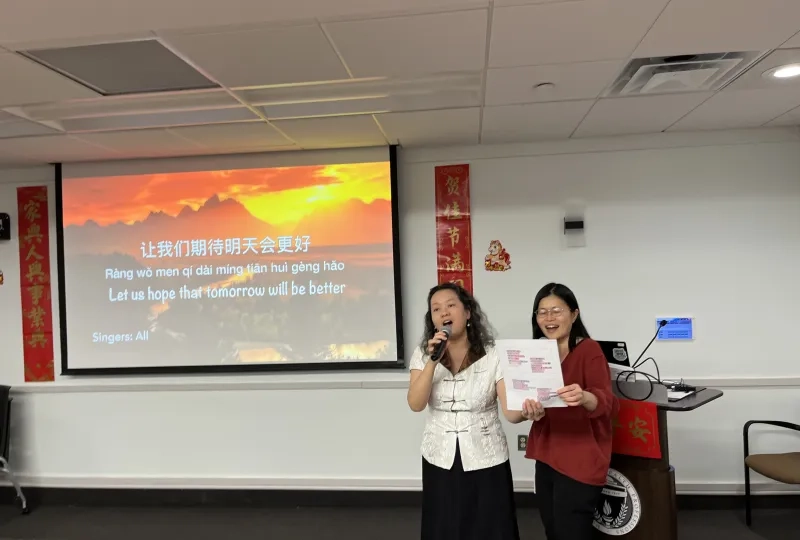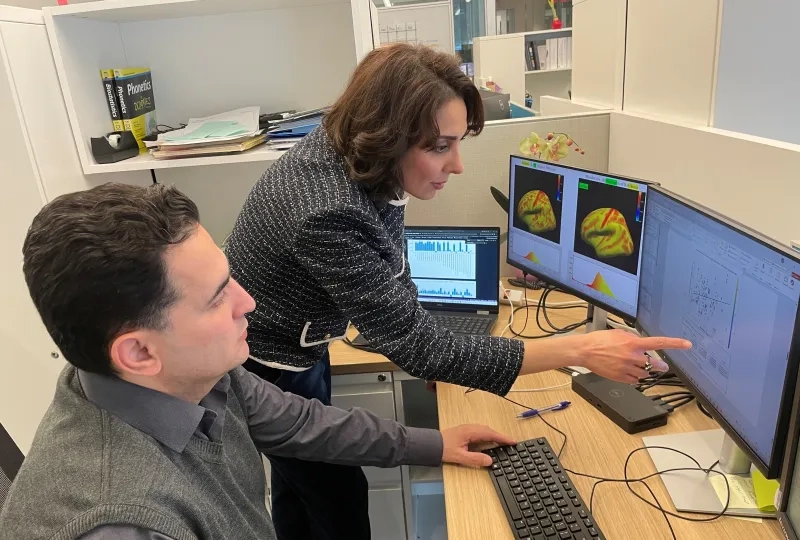
From foundational phonemic awareness and phonics skills to advanced reading comprehension and written expression, the right instructional strategies can dramatically impact student success. That is why, as school districts seek to improve reading scores and intervention outcomes, educators who pursue specialized training—such as a literacy certificate—are emerging as critical change agents in the effort to close achievement gaps and foster long-term academic growth.
The Power of Evidence-Based Literacy Instruction
A literacy certificate program provides educators with the tools and frameworks necessary to implement high quality instruction and evidence-based interventions rooted in the science of reading. These methods are grounded in decades of interdisciplinary research that demonstrate how children acquire literacy skills, particularly when it comes to oral language, phonological awareness, phonics, reading fluency, vocabulary development, comprehension and writing. Preparing educators to apply this science in practical, impactful ways is a cornerstone of our program, where coursework emphasizes real-world application, clinical precision, and research-based strategies to improve instructional quality in diverse classroom settings.
Unlike traditional or intuitive approaches to literacy instruction, evidence-based practices emphasize:
- Explicit phonics instruction that builds decoding and encoding skills.
- Vocabulary, knowledge building, and strategy instruction to support reading comprehension across the curriculum.
- Scaffolded writing instruction that emphasizes the reciprocal relationship between reading and writing.
- Progress monitoring to assess student growth and adjust instruction accordingly.
With this knowledge and practice, educators can ensure that all students—especially those who are struggling—receive the kind of targeted support that promotes meaningful academic progress.
Effective Reading Intervention: A Critical Need
One of the most pressing challenges in education today is addressing reading difficulties early and effectively. According to the National Assessment of Educational Progress (NAEP), only about one-third of U.S. fourth and eighth graders are reading at a proficient level. This statistic underscores the urgent need for high-quality reading intervention programs and trained educators to deliver them.
Literacy certificate programs train educators to:
- Screen students’ oral language and literacy skills to recognize early signs of reading difficulties.
- Implement instruction in a tiered system of supports aligned with MTSS or RTI frameworks.
- Use diagnostic and formative assessments to individualize instruction.
- Collaborate with colleagues and families to holistically support student literacy.
Writing Comprehension: Building the Other Half of Literacy
While much attention is rightly given to reading, written expression is equally crucial to academic success. Instruction and intervention must focus on the inextricable relationship between oral and written language. While reading comprehension builds vocabulary and knowledge, written expression fosters a deeper understanding of information and text structures. Students who can organize their thoughts in writing, synthesize information, and express ideas are better positioned to meet academic standards and engage in higher-level thinking across subjects.
A literacy certificate enhances your ability as an educator to teach writing as a process—one that includes planning, drafting, revising, and editing. You will learn to:
- Guide students in analyzing mentor texts to model good writing.
- Expand vocabulary, explicitly teach sentence structure and a variety of text structures.
- Integrate writing with reading comprehension to deepen learning.
- Differentiate writing instruction for multilingual learners and students with disabilities.
By developing these instructional competencies, educators can close the often-overlooked gap between reading and writing, giving students the tools they need to communicate effectively and confidently.
Advancing Professional Practice Through Certification
Earning a literacy certificate is not only beneficial for student learning but also enhances your professional trajectory. Whether you are a classroom teacher, reading specialist, or speech-language pathologist, this credential opens doors to leadership roles and deepens your expertise.
Graduates of literacy programs gain access to cutting-edge research, instructional strategies, and a network of peers who are equally committed to educational equity and excellence.
The benefits for educators include:
- Expanded opportunities in literacy leadership and coaching roles.
- Greater effectiveness in supporting diverse student populations.
- Increased confidence in using assessment tools and intervention frameworks.
- The ability to shape literacy practices within schools and districts.
These outcomes not only advance professional goals but also contribute to systemic improvements in literacy instruction.
Equipping Students for Lifelong Learning
Literacy is the foundation of student success. When children develop strong skills in reading and writing comprehension, they are more likely to thrive academically, graduate from high school, and pursue college or career opportunities with confidence.
Educators who complete a literacy certificate program—particularly one that emphasizes evidence-based interventions and clinically informed practice—are uniquely positioned to transform student outcomes. Those who invest in their own learning will be the ones leading the charge toward equity and excellence in education.



